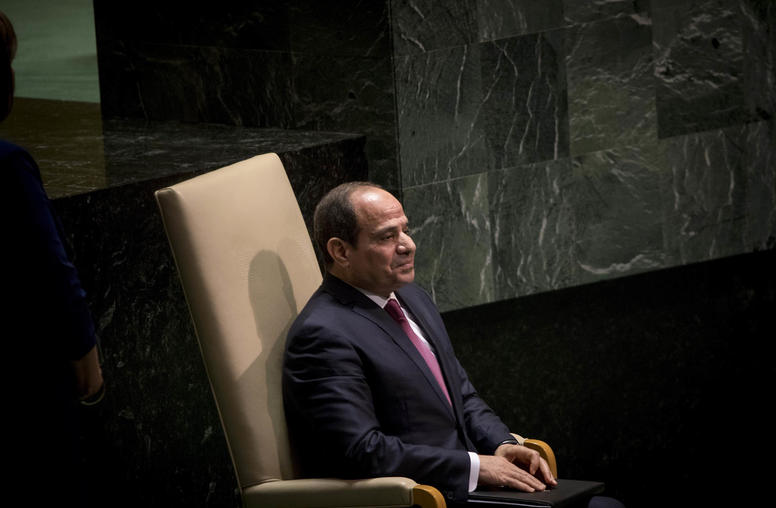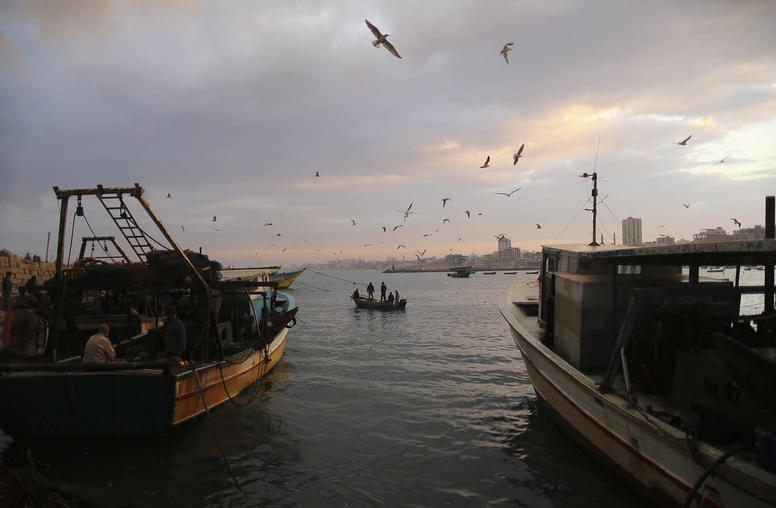Beyond Tahrir: The Trajectory of Egypt's Transition
Major General Elassar of Egypt's Supreme Council of the Armed Forces will sit down with Professor William Quandt to discuss the trajectory of Egypt's transition period; the pace and shape of reform; the ongoing demands of protesters and the role of the military in the country's future.
Read the event coverage, Beyond Tahrir: The Trajectory of Egypt's Transition
USIP was pleased to host a discussion with Major General Said Elassar, member of Egypt's Supreme Council of the Armed Forces (SCAF) and Assistant to the Defense Minister. Almost six months have passed since Hosni Mubarak was forced out of office by a powerful people's movement, ushering in an interim period of rule by Egypt's Supreme Council of the Armed Forces (SCAF). SCAF defined its role, at the outset, as temporary -- overseeing Egypt's transition to democracy. However, the last two weeks have witnessed a return of Egyptians, in force, to Tahrir Square and other public arenas across Egypt. Protesters are voicing their frustration at the pace and sequencing of the transition plan toward democratic transition put forward by SCAF, and what they deem to be SCAF's reluctance to hold former regime officials and members of the police force accountable for crimes against protesters during the January-February uprising.
The SCAF maintains that it is committed to realizing the demands of the people, yet recent announcements concerning its intent to participate in the design of a new constitution, and deepening concerns about the military's commitment to democracy, raise important questions about the direction of Egypt's political future.
Major General Elassar sat down with Professor William Quandt, renowned expert on the Middle East and Egypt, and discussed the trajectory of Egypt's transition period; the pace and shape of reform; the ongoing demands of protesters and the role of the military in the country's future.
Speakers
- Major General Said Elassar, Speaker
Assistant to Egyptian Defense Minister
Supreme Council of the Armed Forces - William Quandt, Moderator
Edward R. Stettinius Professor of Politics
University of Virginia - Tara Sonenshine, Introductory Remarks
Executive Vice President
United States Institute of Peace
Explore Further
- Eye on the Middle East and North Africa: Experts from the U.S. Institute of Peace are closely following developments throughout the Middle East and North Africa. In a series of reports and interviews, they cover a wide range of issues.
.jpg)



